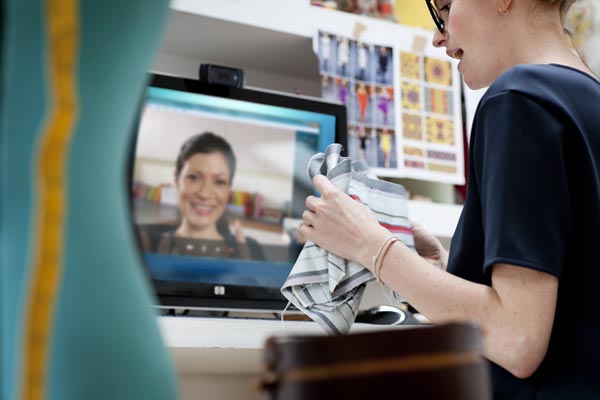Last night’s ABC Nightlife looked at how email is evolving but most of our callers were concerned with configuring their email, anti-virus programs and blocking adverts on the web.
The audio of the program is available through the ABC website.
As usual, it’s tough to answer all the questions on live radio so here’s the ones from listeners Tony and I said we’d get back to.
Ad blockers
Website owners are desperately trying to find ways to make money from their sites, unfortunately its proving difficult so we’re seeing increasingly intrusive ads trying to distract us while we surf the web.
A number of Tony’s callers asked about adblocking programs to get rid of these irritating ads and there’s a few paid and free solutions available for computer users.
The most popular solution is Adblock, a plug in available for Firefox, Chrome, Opera and Android. The developers have a handy video guide to installing and configuring their product.
For Internet Explorer users, Simple Adblock is a plug in that should work with their browser.
Be aware with ad blocking programs that they may change the layout of the sites you visit so be prepared for some strange looking pages.
Also keep in mind that website owners are desperately trying to find ways to pay the bills, so you won’t stop the more cunning ads or sponsored content that pretends to be real news. You might also put a few online media sites out of business.
Anti-Virus programs
One common question from Nightlife listeners are what anti virus programs should they use.
Probably the simplest for Windows users is Microsoft Security Essentials or the free AVG Anti-Virus. For OSX Users, Clam AV and Sophos’ Free Anti Virus for Mac will do the job.
If you have Norton or McAfee anti virus programs on your Windows PC, then getting rid of the software is not straightforward. After uninstalling the software, you’ll have to run their removal tools which are available from the Symantec (Norton) or McAfee websites. Read the instructions carefully.
Switching to Hotmail
A curious thing about Microsoft is how they like to irritate loyal customers with interface changes that leave everyone confused. Hotmail users are among the latest victims after the company migrated them to the Outlook.com platform.
Deborah called in to ask how she could switch back to Hotmail from Outlook.com – sadly the official line from Microsoft is “you can’t”. It appears that all of the work arounds to get Hotmail back have also been closed down and the old service is no more.
For Deborah, the choice is to either get used to Outlook.com or investigate other online mail services like Gmail or Yahoo!.
The next ABC Nightlife will be on in around five weeks. Hope you can join us then.




